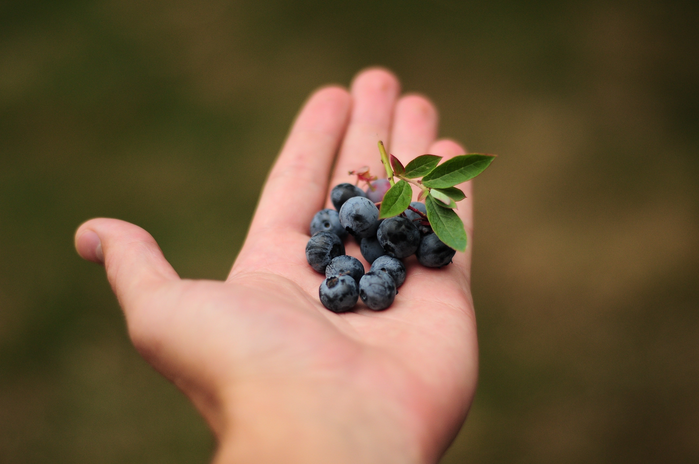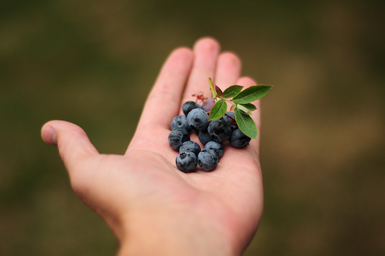Most of us have heard that high fructose corn syrup is a bad thing. But do we know what it is? Do we even know how to avoid it? As a child, my siblings and I loved eating pancakes with maple syrup on the weekend: a privilege we were blessed with. At the grocer, our Mom would frequently send each of us separate ways to gather ingredients. I particularly remember grabbing pancake syrup that came in a colorful shapely bottle. With enthusiasm I ran back to my Mom’s cart and tossed it in, remaining by her side. However, she then proceeded to pick up the syrup and examine the back nutrition panel and told me we couldn’t buy this one, to find a brand that did not contain “high fructose corn syrup.” I had no idea what that meant; all I knew was that I couldn’t have my choice of highly anticipated pancake topping. It’s hard to find “pancake syrup” that does not have high fructose syrup as the #1 ingredient! Instead you have to buy “pure maple syrup.” For the record, the two are quite different products; in taste and texture. I now prefer the latter, in taste and health effects. Let me be clear, they both are completely straight sugar products. Yet the syrup containing HFCS poses multiple health threats.
HFCS and other processed forms of corn will inevitably make you sick. Dr. Mark Hyman, who has studied the effects of corn for over a decade claims that it is a major cause of cancer, tooth decay, dementia, obesity and heart failure. The corn industry spends billions of dollars to convince the public that foods containing corn are healthy. They have powerful advertisement teams doctors and researchers who skew the facts. These researchers will say that corn sugar and cane sugar are essentially the same and in moderation are part of a healthy diet. This is false. HFCS, unlike cane sugar, is rapidly absorbed causing damage to the liver, and huge spikes in insulin (the fat-storage hormone) in turn increasing appetite and weight gain. Studies also show that HFCS contains mercury, a poison that will cause brain damage. Overall, if HFCS is on a nutrition label it is a warning that the food is lacking in vitamins, minerals, fiber, and antioxidants.
The frustrating and crucial fact is that our government subsidizes the corn industry, enabling it to produce mass amounts of corn product. In turn, there is an oversupply of corn that Americans cannot healthfully consume. That corn gets fed to our livestock (which their bodies are not naturally made to soley digest) or processed, broken down, and chemically restructured to create the most addicting foods. Some call these things “Junk Food,” some call them simply “Junk.” Corn is found in coffee cream whitener, beer, cheeze whiz, canned gravy, salad dressing, frozen yogurt, hot dog buns, hot sauce and soda. Michael Pollan, author of The Omnivore’s Dilemma states, “To wash down your chicken nuggets with virtually any soft drink is to have some corn with your corn.” When you look at the back of food label, look for maltodextrin, ascorbic acid, lecithin, dextrose, maltose, MSG, polyols, xanthan gum, carmel color, and translate it to: corn.
This means that our tax dollars are, in turn, being pumped into a food industry that is making us obese, addicted, and sick. It is a huge problem. The mass agriculture and livestock systems centred around corn are also detrimental to our environment, being the second highest industry in greenhouse gas emissions.
However, as Americans we have purchasing power. We can vote with our wallet, with our mouths, everytime we enjoy a meal. Americans can choose to buy whole foods; foods without ingredients you cannot pronounce; colorful, local produce; local grass fed meats, and dairy; stick to shopping on the outer walls (cooler sections) of the grocer.


